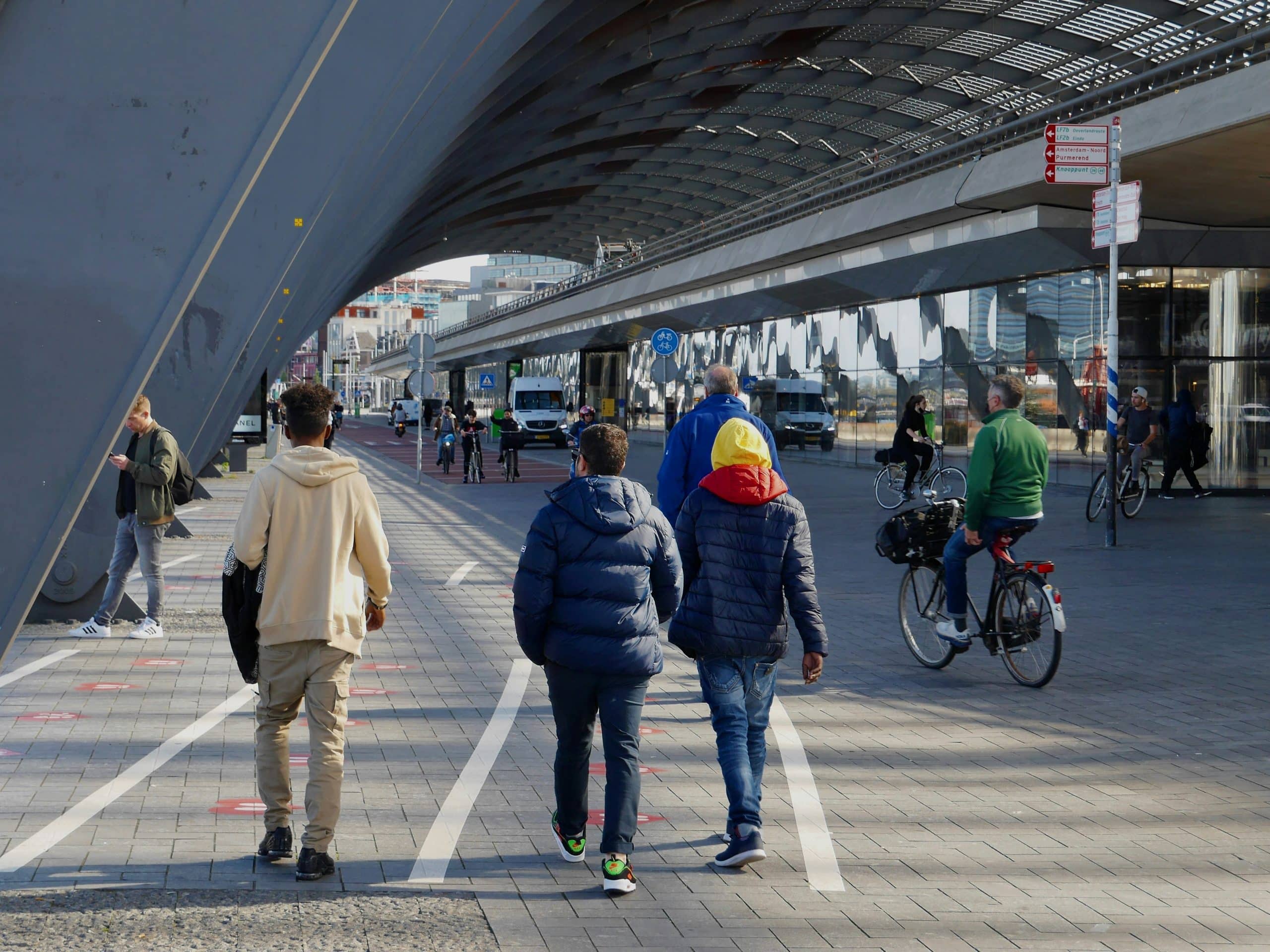LISS panel Grant 2019. Authors: Vivian Visser, Willem De Koster, Jeroen Van der Waal (Erasmus Universiteit Rotterdam (EUR) – Erasmus School of Social and Behavioural Sciences).
This interdisciplinary study aims to test a novel theory to explain the education gap in participation in citizens’ initiatives. Governments increasingly stimulate and invite citizens to participate in public service delivery. Both scholars and pundits warn that this breeds a ‘new societal divide’, because less-educated citizens are underrepresented in such initiatives. Based on insights gained via recent qualitative research, we hypothesize that the education gap is influenced by the extent to which the framing of the invitation from governments appeals to ‘feelings of entitlement’ and a ‘taste for politics’. Employing a vignette survey experiment on a national representative sample, we aim to test the generalizability, explanatory power and practical applicability of this novel theory. A vignette survey experiment offers unique strengths for our research since it is high in both internal and external validity. We have constructed an optimal experimental design with high-quality realistic vignettes, accommodating the latest methodological recommendations on vignette experiments. Our study advances the understanding of the pressing social issue of non-participation of less-educated citizens and therewith provides insights to reduce the education gap in citizen participation. We aim to publish our findings in a highly ranked journal and as part of the first author’s PhD thesis. In addition, we intend to valorize them by consulting to public officials working on citizen participation and by publishing a popular-scientific discussion of our insights on a widely read blog.
Photo by Fons Heijnsbroek on Unsplash
